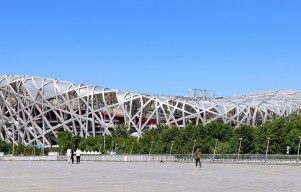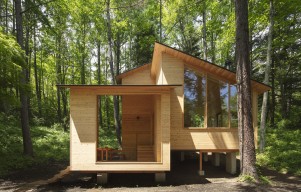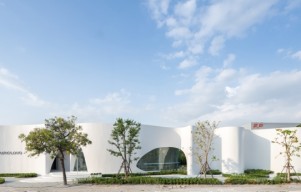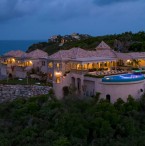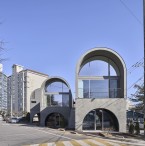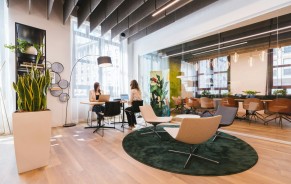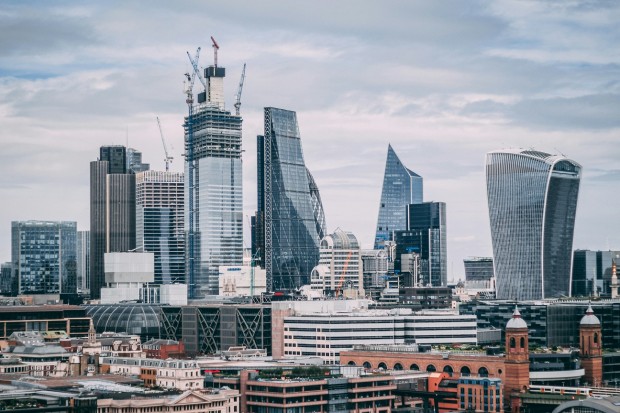
The Controversy
In a move that has stirred both praise and protest, a £400 million office complex, dubbed "the Slab," has received the green light to replace ITV's former headquarters on London's iconic South Bank. Despite facing staunch opposition from environmentalists and advocates of modernist architecture, the 72 Upper Ground scheme has been approved for construction.
Opponents of the development, which would house 4,000 office workers, claim that the project's construction could increase carbon emissions more than the environmental impact of commuters driving from Surrey over thirty years. Following the contentious decision to proceed with the project, discussions concerning sustainable urban development and architectural preservation have returned to the forefront.
Also Read: LEGO Reveals Highly Anticipated 4,400-Piece Notre Dame Cathedral Architecture Set
The controversy surrounding the project escalated when former Communities Secretary Greg Clark called for an inquiry in 2022, questioning the development's environmental implications and architectural integrity. However, despite opposition, the planning committee of the London Borough of Lambeth granted approval, a decision supported by London Mayor Sadiq Khan.
The pause in the demolition of the existing building in April 2022, initiated by Housing Secretary Michael Gove, reflected the government's deliberation over whether to intervene in the application process. This hesitation paralleled Gove's recent decision to block Marks & Spencer's redevelopment plans for its Marble Arch store, citing concerns over its carbon footprint. The legal ramifications of such choices underscore the complexities of balancing urban regeneration with environmental preservation.
The Twentieth Century Society was among the critics who bemoaned the approval of 72 Upper Ground, calling it a "universally derided development" that threatened the South Bank of London's rich cultural and architectural legacy. The society stressed the overshadowing of iconic modernist landmarks like the National Theatre and the IBM building and warned of irreversible damage to the area's unique character.
The Justification and Response
In defense of the decision, Gove highlighted the potential for job creation and economic growth the development offers, both during its construction phase and upon its completion. He underscored the importance of "placemaking benefits" and the provision of affordable workspace despite acknowledging concerns regarding its aesthetic contribution to the South Bank's skyline.
The developers, Mitsubishi Estate London and CO-RE welcomed the approval as a milestone for the transformation of the South Bank. The project will cost a total of £700 million and intends to provide lively public areas and sustainable infrastructure, including the London Studios, a hub for Lambeth's burgeoning creative industries. Incorporating public areas, cultural venues, and riverfront amenities indicates a dedication to improving the standard of living in the surrounding community.
Opposition to the project continues even after the developers gave assurances about community involvement and sustainability standards. Critics contend that preserving the environment and architectural legacy should not be sacrificed for economic prosperity. The conflict between those who support urban development and those who support preservation highlights how difficult it is to navigate progress in a city that is changing quickly.
In the long run, the 72 Upper Ground scheme's approval establishes a standard for other urban development initiatives. The question of how to strike a balance between development and preservation will continue to be central to discussions about urban planning as long as London faces the difficulties of both expansion and sustainability. The long-term effects of this contentious choice on the South Bank of London's cultural and environmental landscape will become apparent with time.
Related Article: Architecture in 2024 Moves Towards Community-Centric, Sustainable and Safer Spaces Amidst Global Shifts

